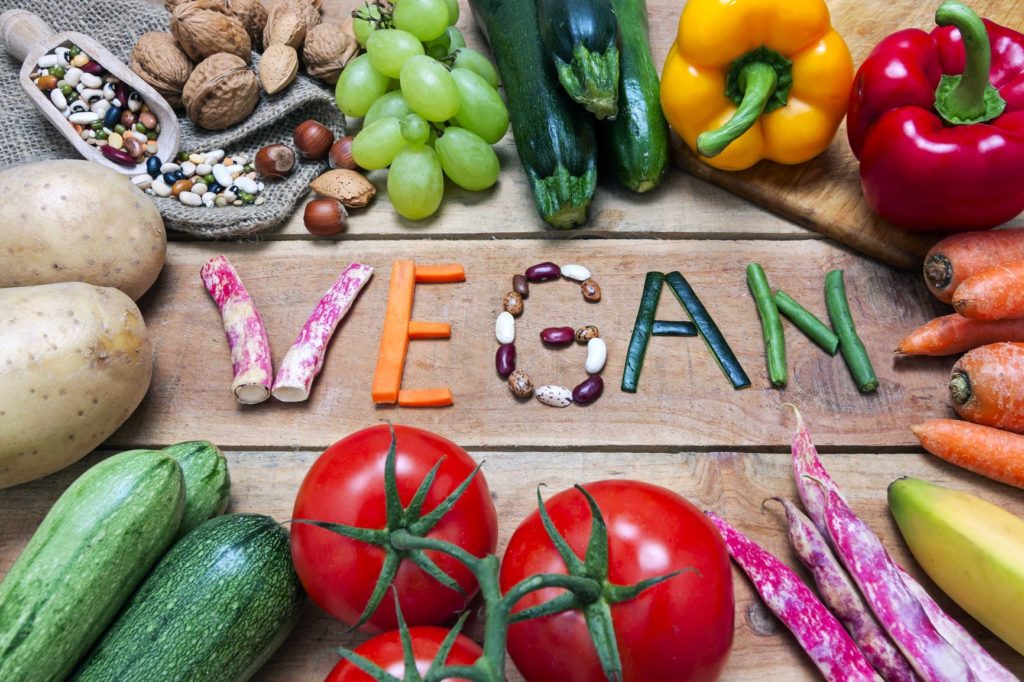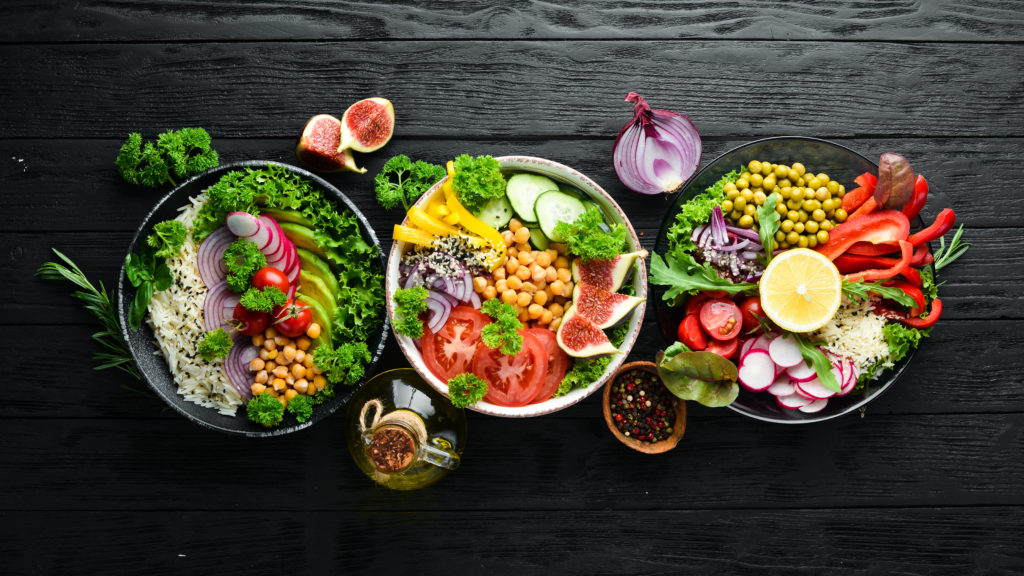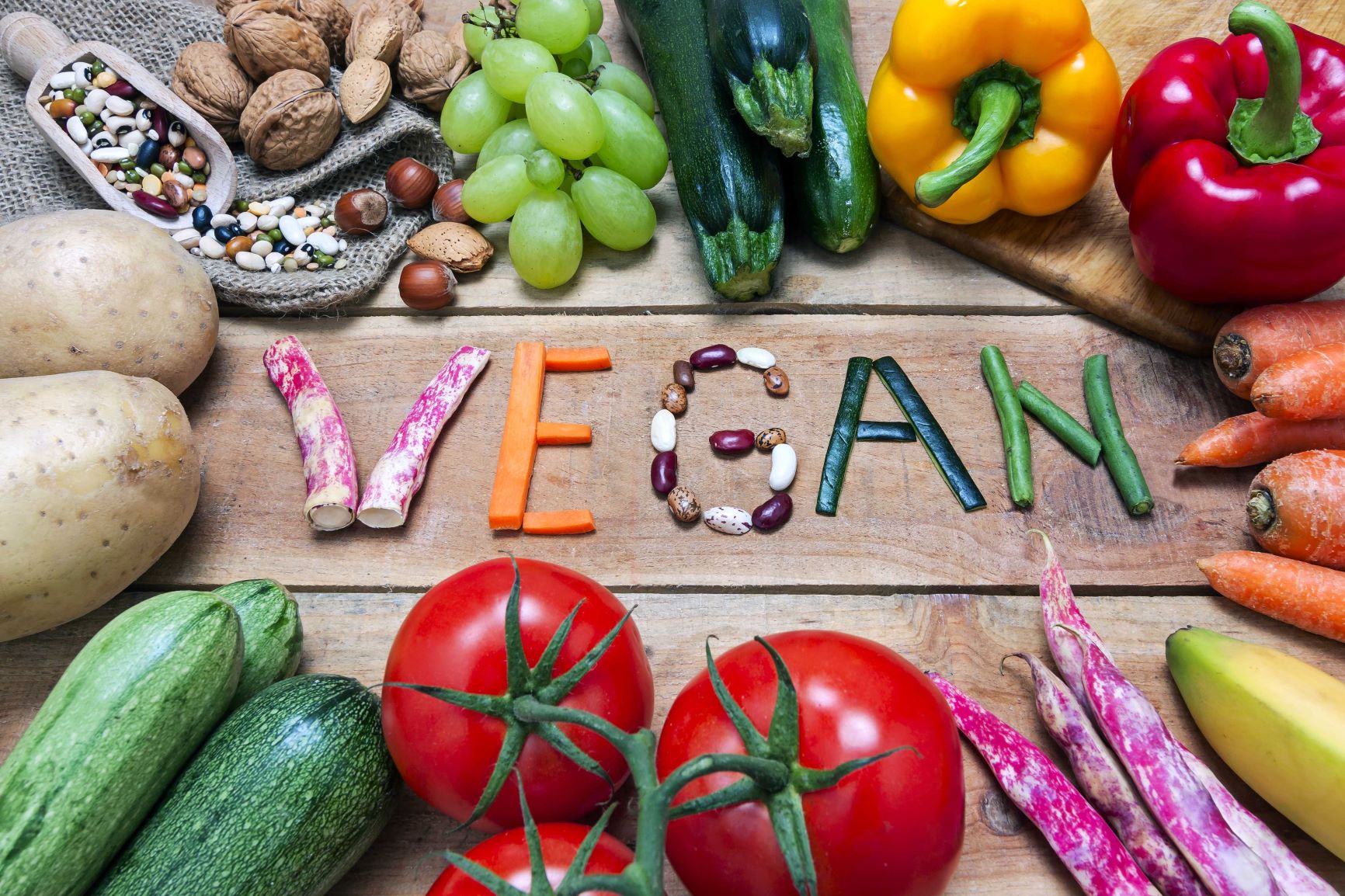For people who don’t follow a vegan or vegetarian diet, may find the difference between the two a bit murky. Yes, both diets don’t include beef, but what about pizza, brownies, and yogurt? Nevertheless, what about the different variations of vegetarianism? Following these diets requires care and research; consequently, understanding their differences is pretty simple.

The core difference
Without wasting more time, let’s hit the nail on the head right away. Vegetarians don’t eat animals, but they eat products coming from them such as eggs and dairy products. On the other hand, vegans don’t eat animal products at all.
What is a vegan diet?
This diet can be viewed as the sternest form of vegetarianism. It’s because vegans are so passionate about animal welfare to the extent that they don’t wear suede or leather as they are made from animal skins. Moreover, they may also avoid fabrics made from animal products such as silk and wool.
The whole concept is defined by the Vegan Society as a way of living that excludes all attempts of animal cruelty and exploitation as much as possible.
Their diet strictly avoids consumption of:
- Poultry
- Meat
- Fish and shellfish
- Fats derived from animals
- Honey
- Dairy products
- Gelatin, rennet, and other types of animal protein
- Eggs
- Insects
What is vegetarian diet?

From the Vegetarian Society, a vegetarian is someone who does not eat fish, meat, poultry, shellfish, or by-products of animal slaughter.
The diet consists of vegetables, fruits, nuts, seeds, pulses, and grains. When it comes to inclusion of eggs and dairy, the type of diet becomes one of the following;
- Ovo vegetarians – Vegetarians who avoid all animal products apart from eggs.
- Lacto-ovo vegetarians – Vegetarians who consume egg and dairy products but avoid animal flesh
- Lacto vegetarians – Vegetarians who consume dairy products but avoid eggs and animal flesh.
- Pescatarian – Those who follow the vegetarian diet but avoid all meats expect fish any other type of seafood.
Which is healthier?
If you are considering to start either of the diet, you might find it hard to pick. Based on a report released by the Academic of Nutrition and Dietetics, both vegan and vegetarian diets can be considered beneficial as long as the diet is planned well. Therefore, regardless of which diet you’ll pick, you’ll still get the health benefits.
However, one alarming thing you should know is that insufficient intake of nutrients such as vitamins D and B12, calcium, and omega-3 fatty acids can negatively impact various aspects of health like mental and physical health.
Therefore, both vegans and vegetarians should pay close attention to nutrition strategies that will help them increase the absorption of nutrients from plant foods. That would bring about the need of consuming supplements and fortified foods for nutrients such as omega-3.
Final Thoughts
Both vegans and vegetarians may avoid consuming animal products for similar reasons. However, for the vegans, they fall at the strictest end of the vegetarian spectrum. Both are considered safe for all stages of life. Therefore, despite the difference, it is not a bad idea to start following these two diets. However, remember to plan your diet well in order for you to avoid any health problems that may arise over the long term.


